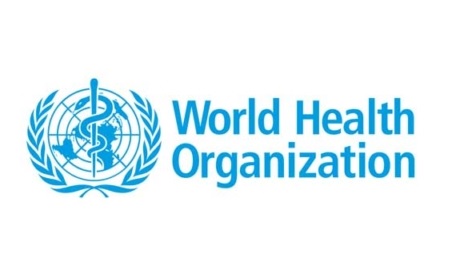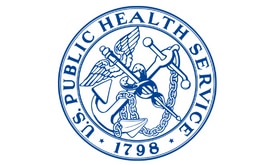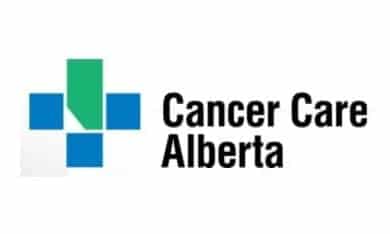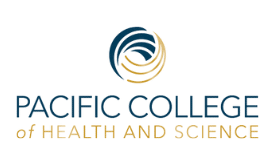Expert recommendations
Both medical groups and integrative experts provide recommendations for Creating a Healing Environment. Learn more about the approaches and meanings of recommendations: Integrative Oncology Programs and Expert Guidelines ›
Integrative programs, protocols, and approaches
These published programs from integrative experts advocate a healing environment as a central part of your anticancer approach.
Lise Alschuler, ND, FABNO, and Karolyn Gazella
Alschuler LN, Gazella KA. The Definitive Guide to Cancer, 3rd Edition: An Integrative Approach to Prevention, Treatment, and Healing. Berkeley, California: Celestial Arts. 2010.
Alschuler LN, Gazella KA. The Definitive Guide to Thriving after Cancer: A Five-Step Integrative Plan to Reduce the Risk of Recurrence and Build Lifelong Health. Berkeley, California: Ten Speed Press. 2013.
Approaches are described for certain cancer types, or along with certain conventional therapy treatments, or for particular conditions such as insulin resistance.
Keith Block, MD
Block KI. Life over Cancer: The Block Center Program for Integrative Cancer Care. New York: Bantam Dell. 2009.
The integrative Block Program has recommendations to people who are at different places along the cancer continuum:
- Those who’ve been recently diagnosed
- Those in treatment
- Those who’ve concluded treatment and need to remain vigilant to prevent recurrence
Lorenzo Cohen, PhD, and Alison Jefferies, MEd
Cohen L, Jefferies A. Anticancer Living: Transform Your Life and Health with the Mix of Six. New York: Viking. 2018.
This book introduces the concept of the Mix of Six, which is identical to six of our 7 Lifestyle Practices ›
Dr. Cohen and Ms. Jefferies explain that while each plays an independent role, the synergy created by all six factors can radically transform health, delay or prevent many cancers, support conventional treatments, and significantly improve quality of life.
Jeremy Geffen, MD
Geffen J. The Seven Levels of Healing. Audio CD – 2002
Geffen J. The Journey Through Cancer: An Oncologist’s Seven-Level Program for Healing and Transforming the Whole Person. New York, New York: Three Rivers Press. 2006.
Geffen J. The Seven Levels of Healing. Presented at Cancer as a Turning Point Conference in Seattle, Washington in 2006.
Dr. Geffen developed a healing program based on what he calls The Seven Levels of Healing. It is a program of body, mind, heart, and spirit for healing and transforming the whole person.
Gerald Lemole, MD; Pallav Mehta, MD; and Dwight McKee, MD
Lemole G, Mehta P, McKee D. After Cancer Care: The Definitive Self-Care Guide to Getting and Staying Well for Patients with Cancer. New York, New York: Rodale, Inc. 2015.
These doctors present easy-to-incorporate lifestyle changes to help you “turn on” hundreds of genes that fight cancer, and “turn off” the ones that encourage cancer, while recommending lifestyle approaches to address each type.
Barbara MacDonald, ND, LAc
MacDonald B. The Breast Cancer Companion—A Complementary Care Manual: Third Edition. Self-published. 2016.
Naturopathic physician Barbara MacDonald provides information about breast cancer, its conventional treatment, and natural approaches to enhancing treatment, managing side effects, reducing risk of recurrence, and healthy living after cancer treatment is completed.
Neil McKinney, BSc, ND
McKinney N. Naturopathic Oncology, Fourth Edition. Victoria, BC, Canada: Liaison Press. 2020.
This book includes descriptions and uses of many natural and complementary protocols for cancer in general and for specific cancers. It also includes information on integrative support during conventional cancer treatment.
Traditional medicine
Traditional medicine systems often recognize the importance of your environment in your healing.
The ancient healing practices of Chinese medicine are founded in the natural elements and encourage living within the most natural setting attainable, automatically setting oneself up to living in a healing environment optimally free of harmful exposures and being in natural environments with beneficial surroundings like fresh air, natural sunlight, and clean water.
As we spend more time indoors than our ancestors have, our connection with our surroundings, feeling safe and at ease in a clean and comfortable environment, is important to our health. Chinese medicine applies the same principles of yin and yang balance to not only our physical, mental, emotional, and spiritual health, but also to our surrounding environment and how it may affect our health and wellness.
Imbalances either in ourselves or our environment can create susceptibilities. An imbalance in our environment may create a source of harmful exposures, such as harmful mold.
Feng shui is a healing practice and preventive form of medicine that is rooted in the practice of nature to create a healing environment.
Learn more about traditional medicine and how to find practitioners: Finding Integrative Oncologists and Other Professionals ›
Other recommendations
These organizations all recommend behaviors to reduce sun and ultraviolet (UV) exposure:
- Seek shade. Limit your direct exposure to the sun, especially between 10 am and 4 pm when UV rays are strongest.
- Cover up. When you are out, wear clothing and a wide-brimmed hat to protect as much skin as possible. Protect your eyes with wrap-around sunglasses that block at least 99% of UV light.
- Use a broad-spectrum sunscreen with an SPF of at least 30. Reapply at least every 2 hours, as well as after swimming or sweating.
- Monitor the UV indexa measure of the level of UV radiation; it may be reported by weather or public safety agencies in your region. Plan your outdoor activities in ways that prevent overexposure to the sun’s rays.
- Avoid times of peak sunlight. The sun’s UV rays are the strongest between 10 am and 4 pm.
- Avoid tanning beds and sunlamps. Both can cause serious long-term skin damage and contribute to skin cancer.
Integrative oncologist and CancerChoices advisor Donald Abrams, MD, explains why all cancer patients (and everyone else as well) should be eating organic food.
Play video



